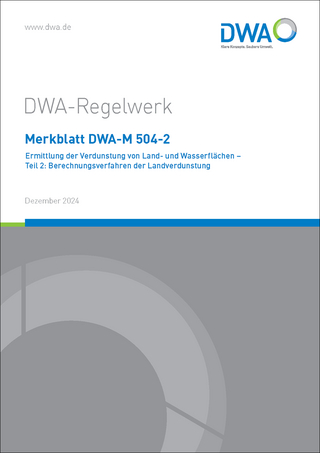
Baroclinic Tides
Theoretical Modeling and Observational Evidence
Seiten
2012
Cambridge University Press (Verlag)
978-1-107-40632-2 (ISBN)
Cambridge University Press (Verlag)
978-1-107-40632-2 (ISBN)
Baroclinic Tides demonstrates the analytical and numerical methods used to study their generation and evolution and, by comparison with experiments and observational data, shows how to distinguish and interpret internal waves. This 2005 book is intended for researchers and graduate students of physical oceanography, geophysical fluid dynamics and hydroacoustics.
This book was first published in 2005. When an oceanic tidal wave that is primarily active on the water surface passes an ocean shelf or a region with a seamount, it is split into a less energetic surface wave and other internal modes with different wavelengths and propagation speeds. This cascading process, from the barotropic tides to the baroclinic components, leads to the transformation of tidal energy into turbulence and heat, an important process for the dynamics of the lower ocean. Baroclinic Tides demonstrates the analytical and numerical methods used to study the generation and evolution of baroclinic tides and, by comparison with experiments and observational data, shows how to distinguish and interpret internal waves. Strongly non-linear solitary internal waves, which are generated by internal tidal waves at the final stage of their evolution, are investigated in detail. This book is intended for researchers and graduate students of physical oceanography, geophysical fluid dynamics and hydroacoustics.
This book was first published in 2005. When an oceanic tidal wave that is primarily active on the water surface passes an ocean shelf or a region with a seamount, it is split into a less energetic surface wave and other internal modes with different wavelengths and propagation speeds. This cascading process, from the barotropic tides to the baroclinic components, leads to the transformation of tidal energy into turbulence and heat, an important process for the dynamics of the lower ocean. Baroclinic Tides demonstrates the analytical and numerical methods used to study the generation and evolution of baroclinic tides and, by comparison with experiments and observational data, shows how to distinguish and interpret internal waves. Strongly non-linear solitary internal waves, which are generated by internal tidal waves at the final stage of their evolution, are investigated in detail. This book is intended for researchers and graduate students of physical oceanography, geophysical fluid dynamics and hydroacoustics.
1. General background; 2. Linear baroclinic tides over variable bottom topography; 3. Combined effect of horizontal density gradient and bottom topography in the dynamics of linear baroclinic tides; 4. Topographic generation of nonlinear baroclinic tides; 5. Evolutionary stages of baroclinic tides; 6. Generation mechanism at different background conditions; 7. Three-dimensional effects of baroclinic tides.
| Erscheint lt. Verlag | 9.8.2012 |
|---|---|
| Verlagsort | Cambridge |
| Sprache | englisch |
| Maße | 170 x 244 mm |
| Gewicht | 590 g |
| Themenwelt | Naturwissenschaften ► Geowissenschaften ► Hydrologie / Ozeanografie |
| Naturwissenschaften ► Physik / Astronomie ► Strömungsmechanik | |
| ISBN-10 | 1-107-40632-3 / 1107406323 |
| ISBN-13 | 978-1-107-40632-2 / 9781107406322 |
| Zustand | Neuware |
| Informationen gemäß Produktsicherheitsverordnung (GPSR) | |
| Haben Sie eine Frage zum Produkt? |
Mehr entdecken
aus dem Bereich
aus dem Bereich
die große Bild-Enzyklopädie mit mehr als 2000 Fotografien und …
Buch | Hardcover (2023)
Dorling Kindersley (Verlag)
CHF 79,90
what the ocean's animals can teach us about ourselfs
Buch | Softcover (2024)
Vintage (Verlag)
CHF 21,90
Buch | Softcover (2024)
Deutsche Vereinigung für Wasserwirtschaft, Abwasser und … (Verlag)
CHF 299,55


